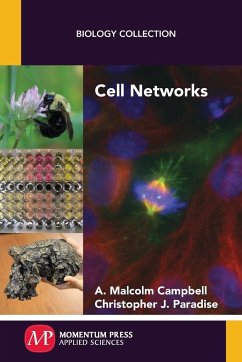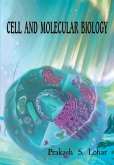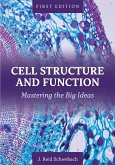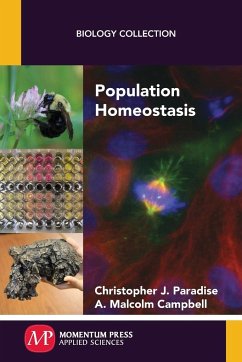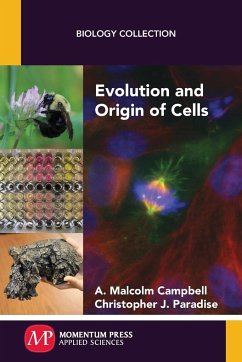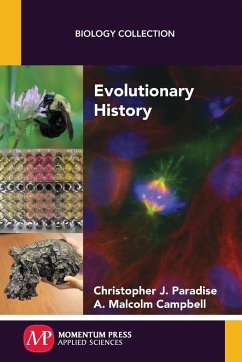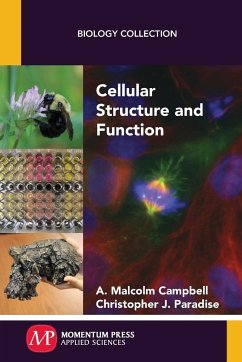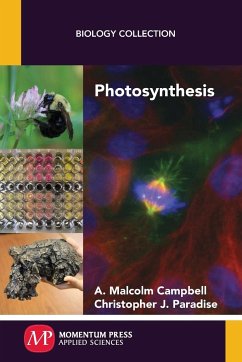It is common for most people to mistakenly think that humans are the only species that can coordinate their behavior and build structures that protect them from the environment. Students of nature will think of birds building nests, but very few people know that bacteria are able to communicate and restructure their environment in complex ways that improve their ability to survive. This book presents experimental evidence of quorum sensing, biofilm formation, self-assembly of microbes into visible and mobile creatures. This book also examines the experimental evidence showing how bacteria can keep track of time and coordinate the behavior of an entire population. Individual cells, it turns out, are capable of functioning in ways that blur the distinction between unicellular and multicellular organisms.
Bitte wählen Sie Ihr Anliegen aus.
Rechnungen
Retourenschein anfordern
Bestellstatus
Storno

